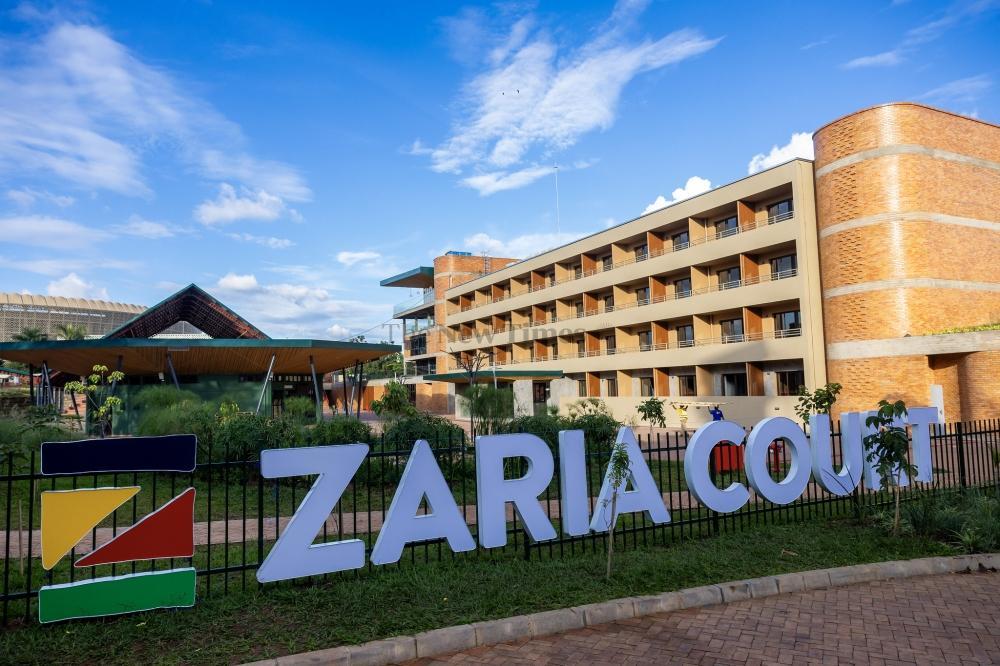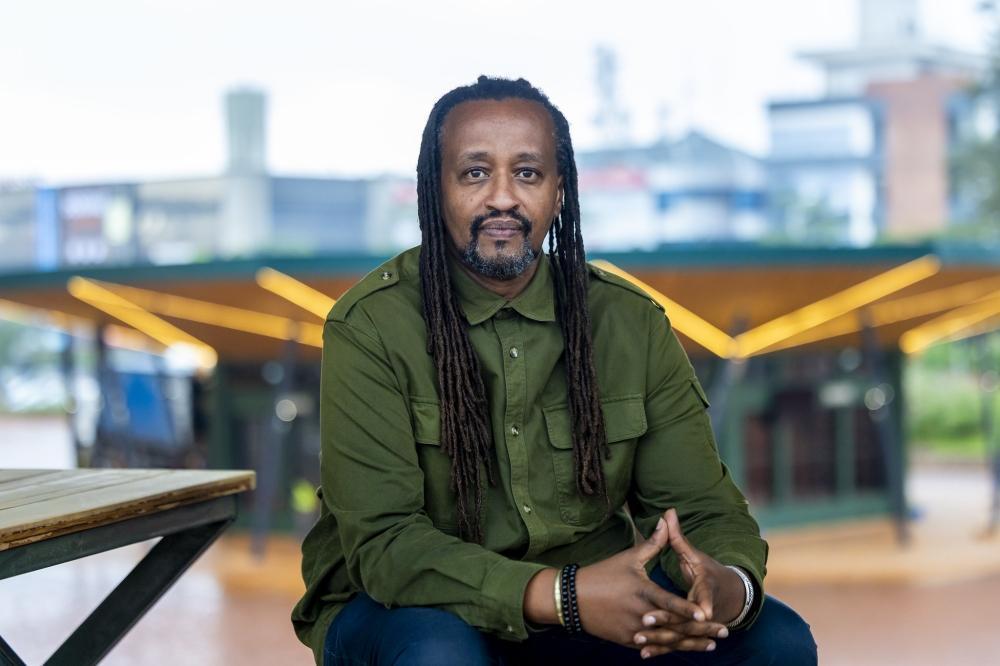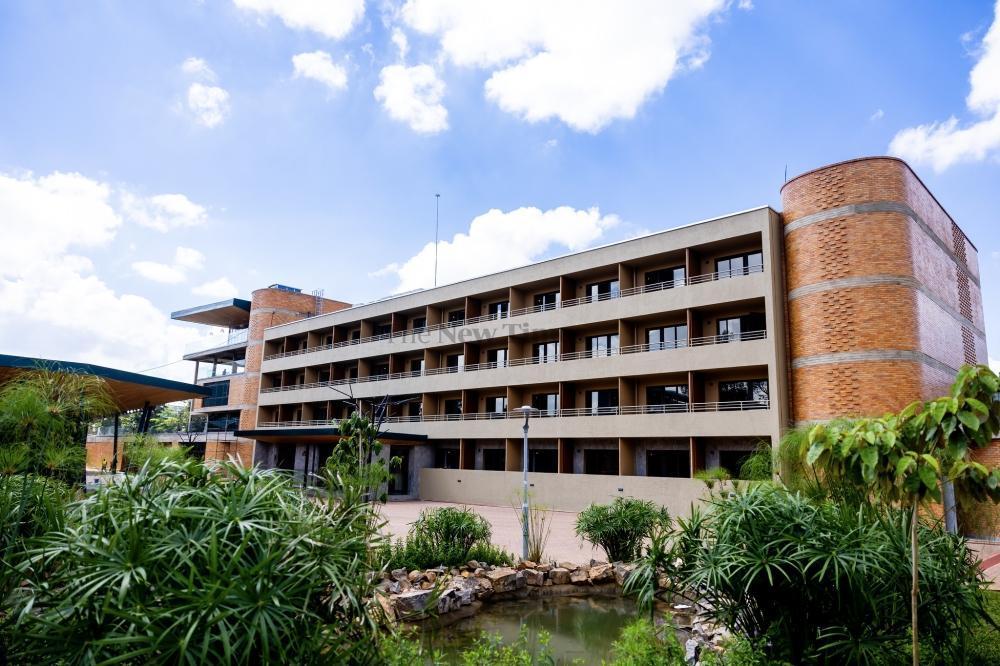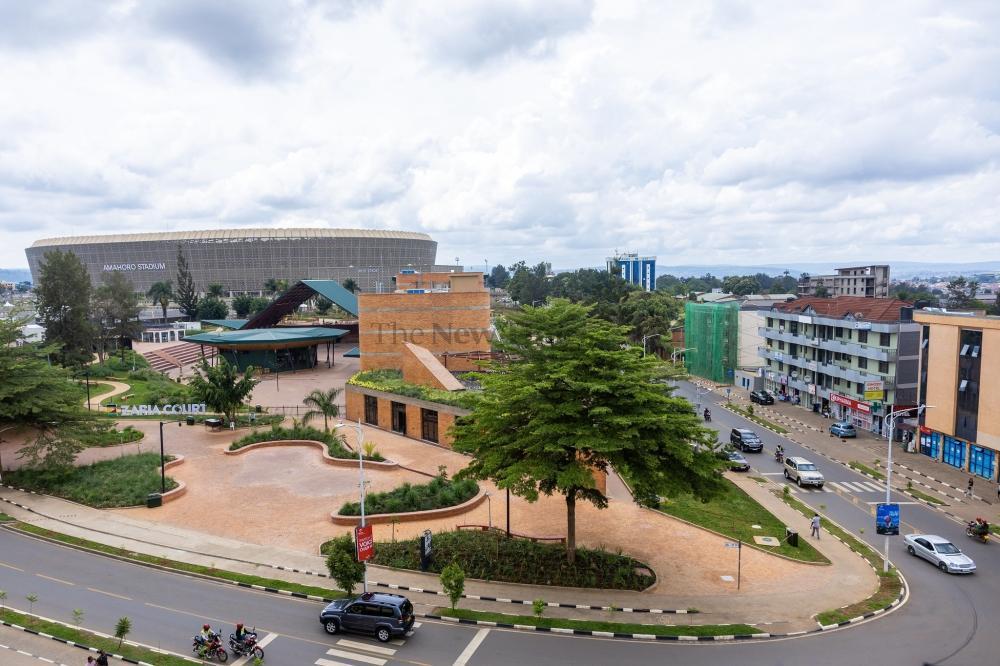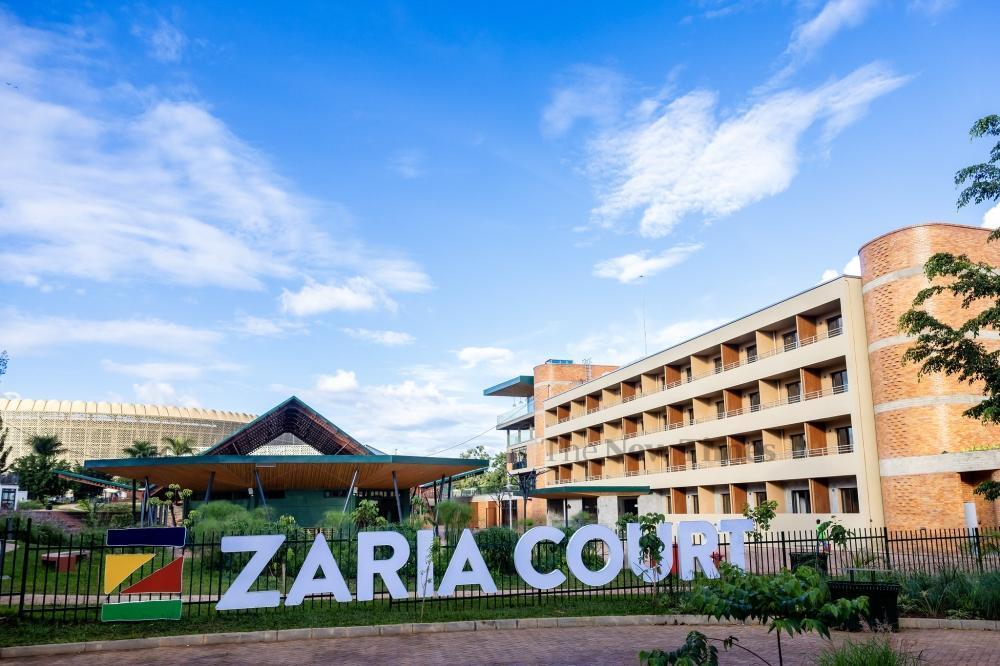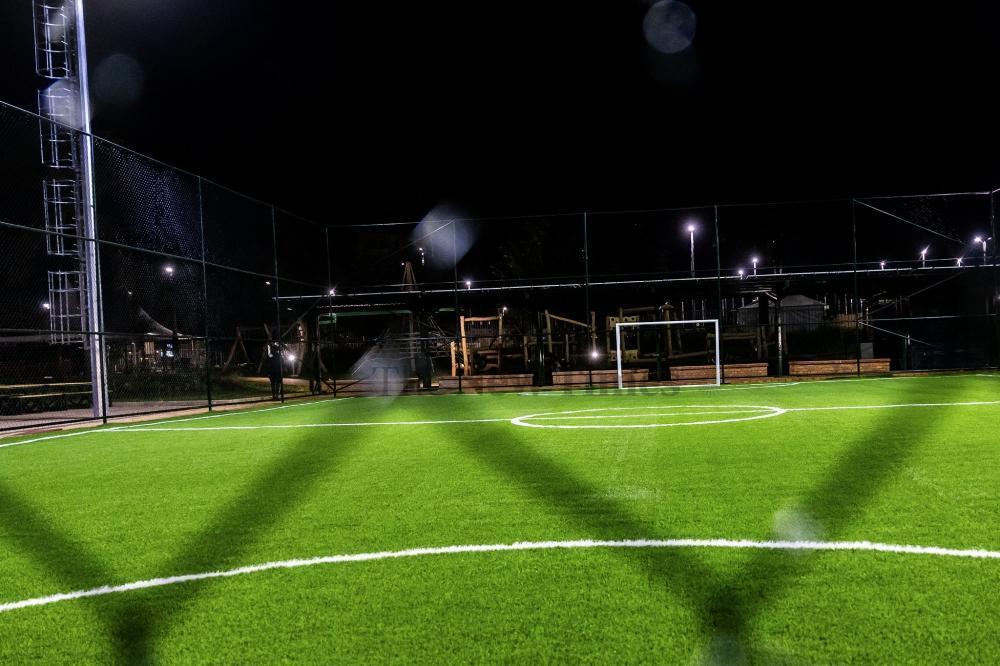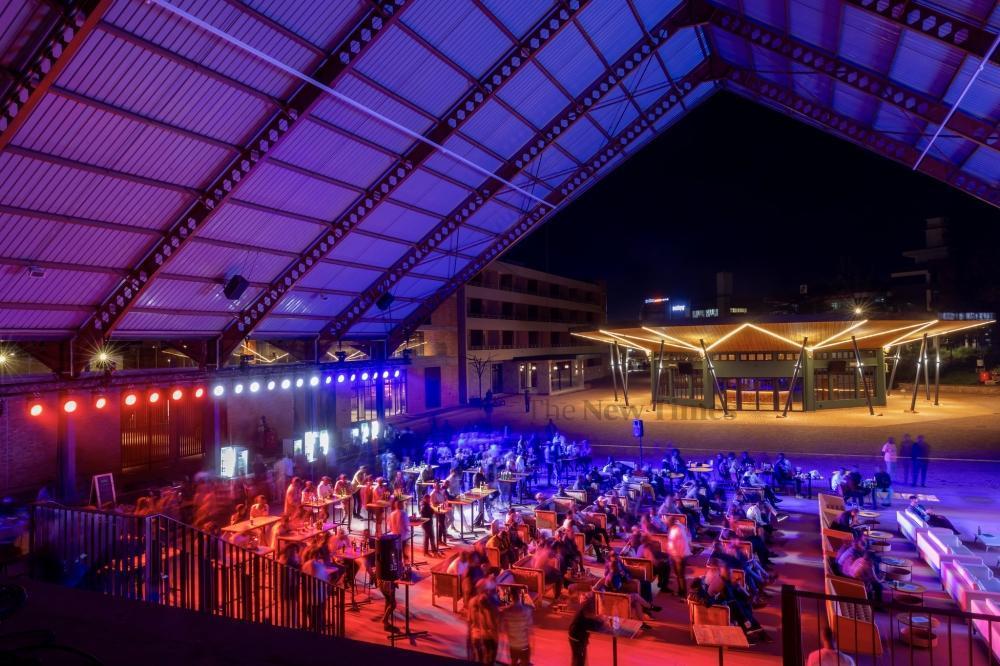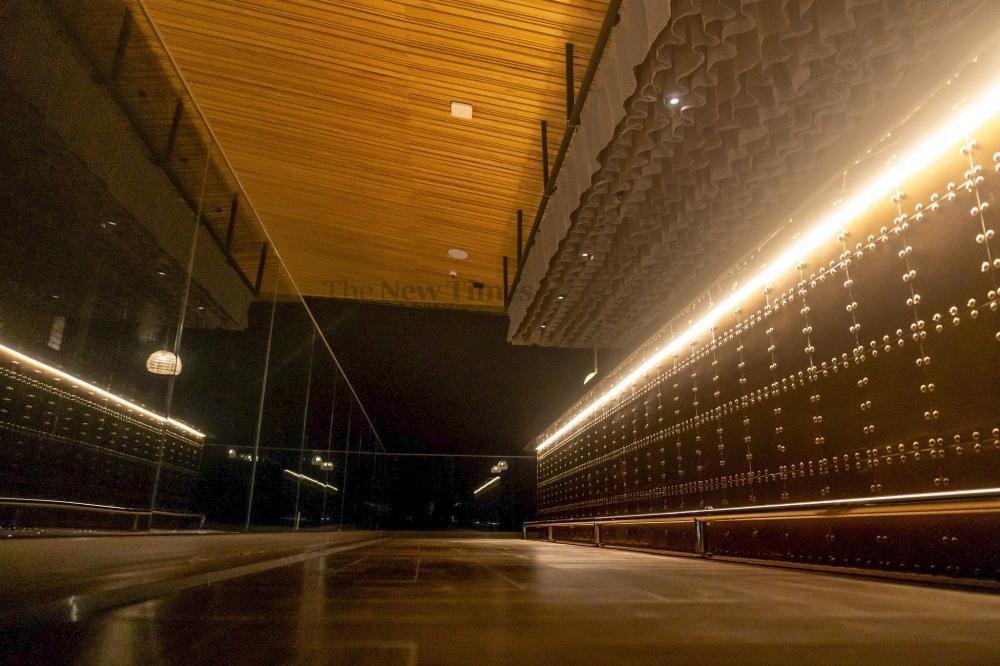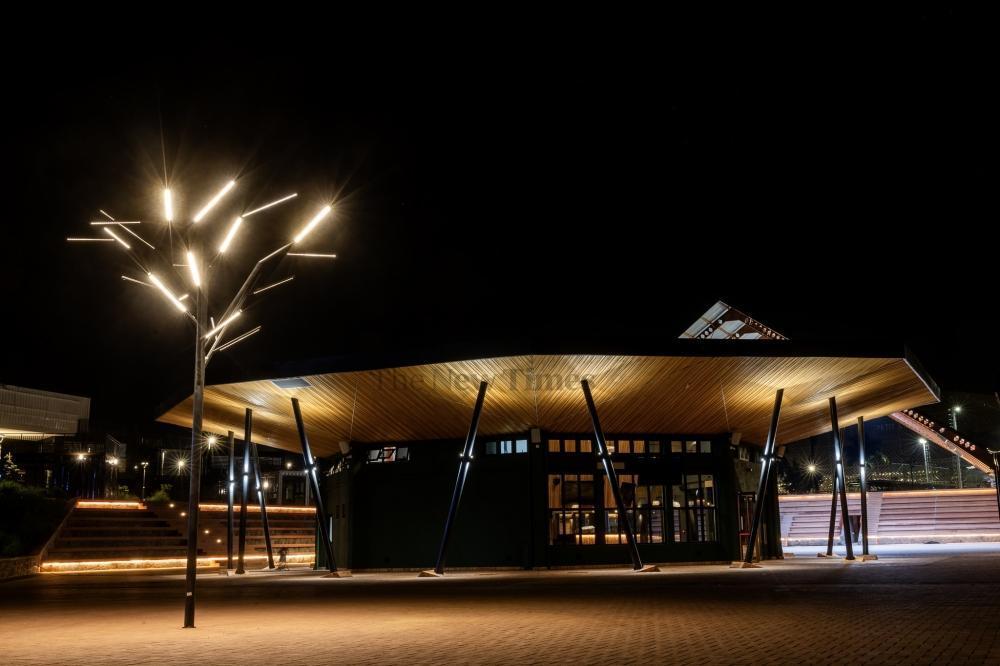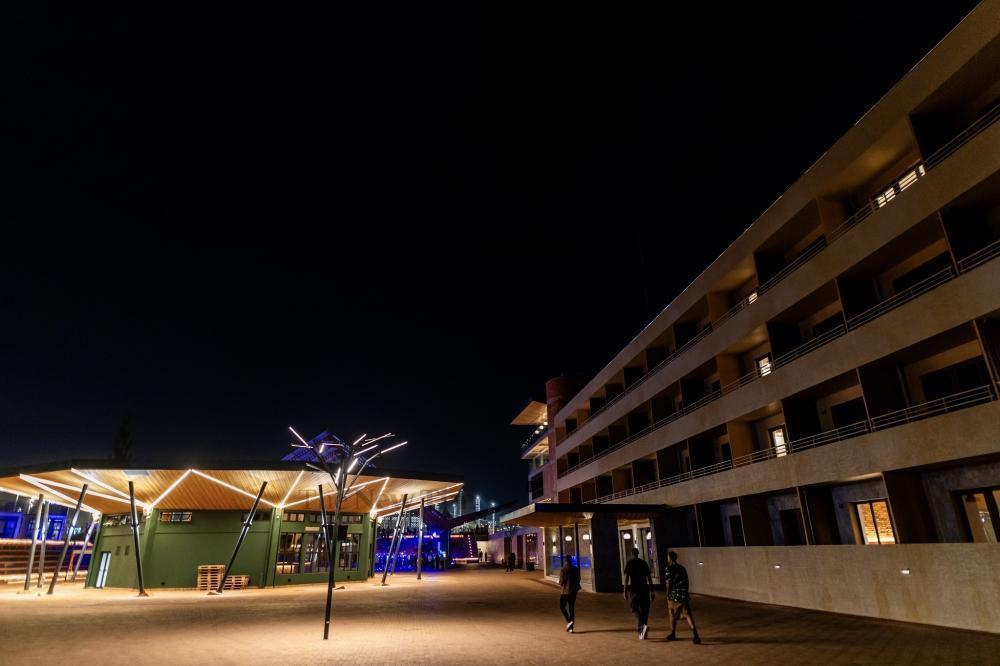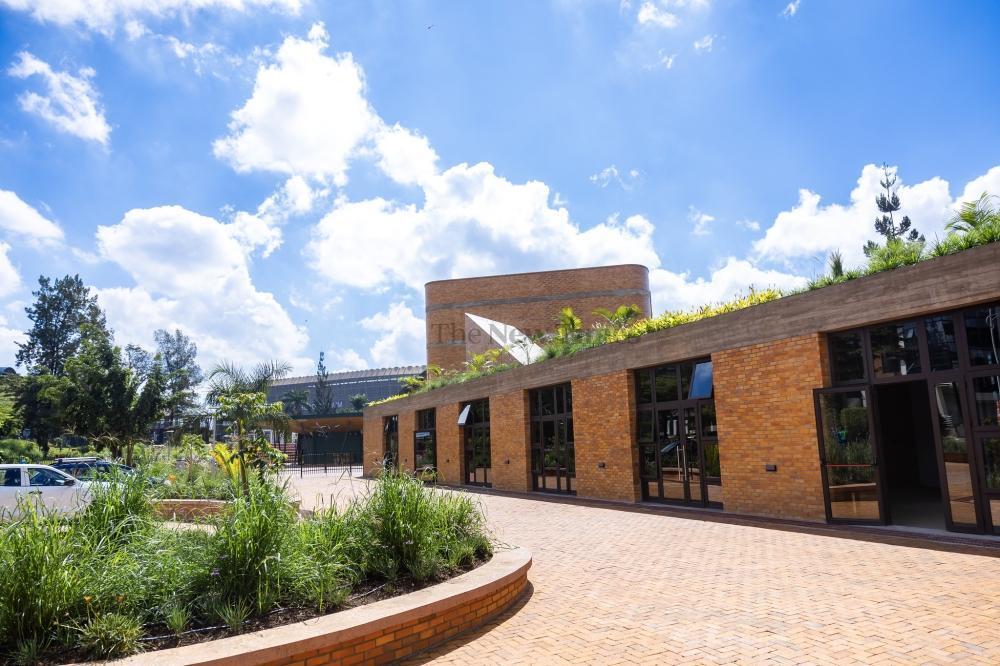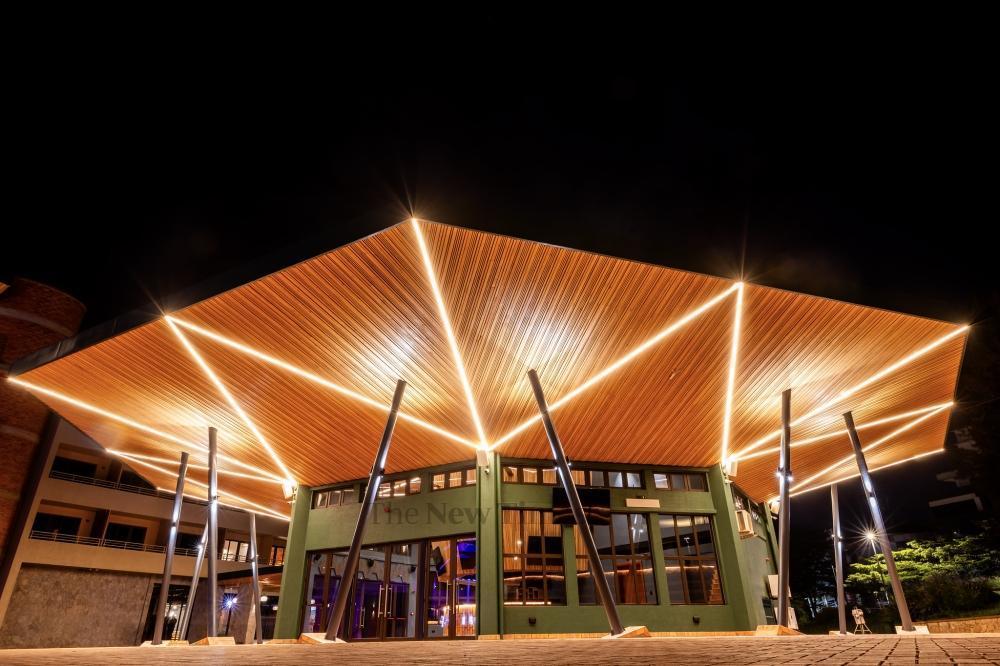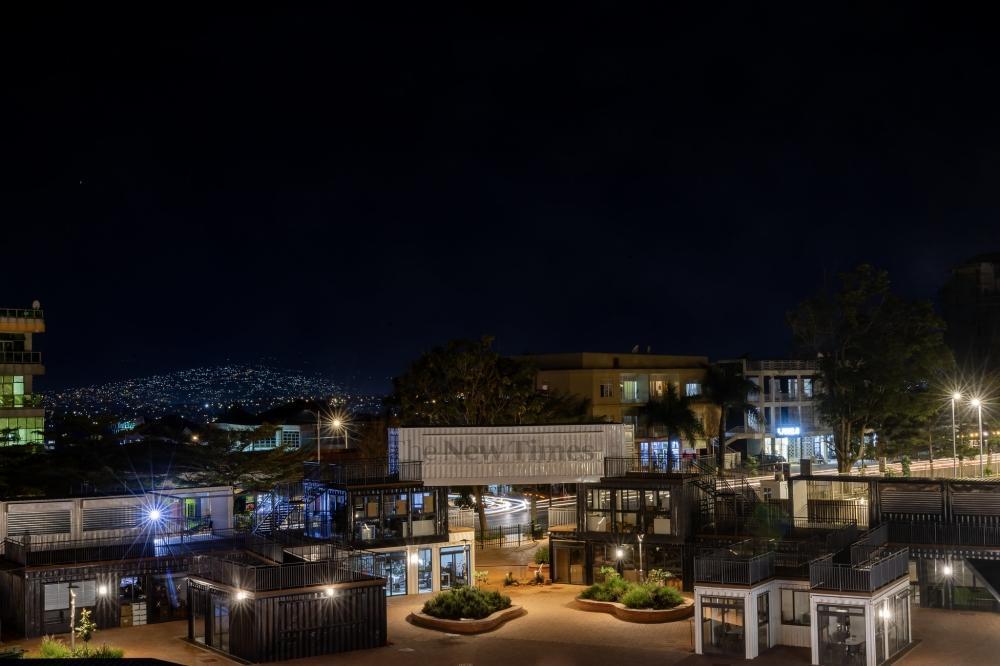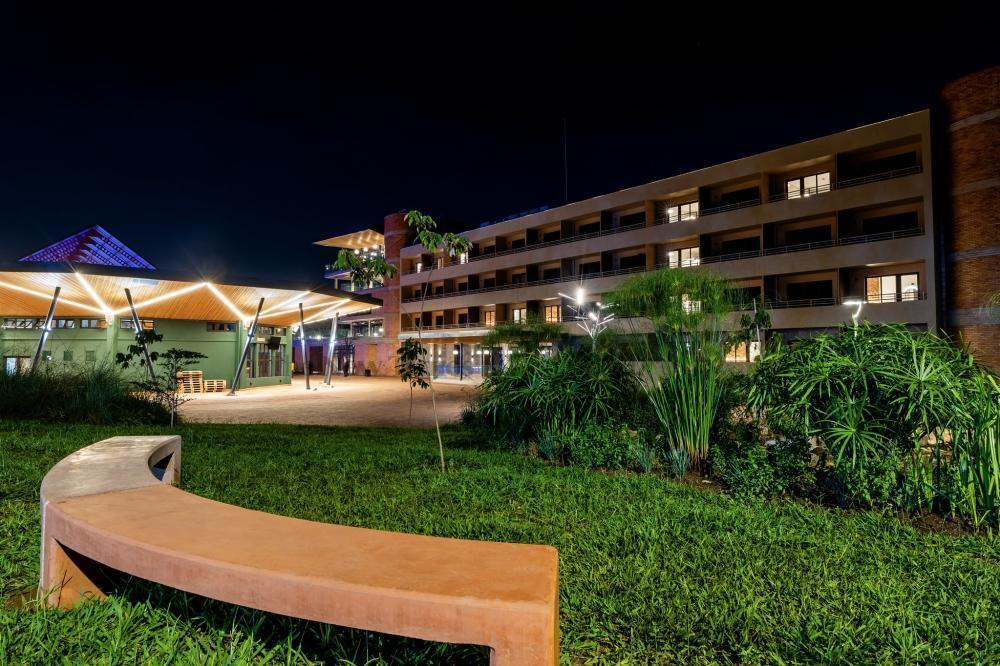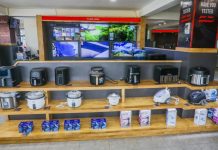Africa-Press – Rwanda. Developers are putting final touches on Zaria Court, a multi-purpose hospitality complex located at what will eventually become Kigali Sports City, before opening it officially to the public.
The $25 million facility, due to open next month, will feature football and basketball courts, an 80-room hotel, retail spaces, co-working spaces, and a podcasting hub.
According to Che Rupari, Brand and Campus Manager at Zaria Court, the project is entering its final phase, with approximately 90 per cent of the work completed.
While the core construction is done, he said that the focus has now shifted to interior fittings, furniture installation, and final checks before the site becomes operational.
“It’s like finishing a house — the structure is ready, but you don’t move people in until the beds are made and the water is running, but we are almost there since the public access is scheduled to begin in June and the official grand opening is set for July 26,” he said.
Rupari highlighted that once the facility is open, it will serve as a multifunctional space centered on sport, hospitality, and cultural exchange, saying that proprietors recently held a preview event to give the community a glimpse of what to expect.
The remaining tasks, he revealed, are logistical. This includes setting up equipment, testing utilities, and ensuring all elements function smoothly before full operations begin.
Rupari said they were looking to recoup their investment in a not-so-distant future through hospitality and commercial activities, as well as hosting events, although he insisted that their primary focus is on impact first, particularly for Rwandan youth.
Che Rupari, Brand and Campus Manager at Zaria Court during the interview with The New Times on Monday, May 12. Photo by Olivier Mugwiza
“We don’t have a fixed timeline for when we’ll make the investment back, but we believe that by creating a space that people want to use, the economic return will come naturally,” he added.
Project impact
Che Rupari underscored that beyond the physical infrastructure, one of Zaria Court’s most immediate contributions has been job creation.
During the peak of construction, over 700 people were employed full-time on-site, with approximately 30 per cent of those positions held by women, a notable shift in an industry often dominated by men.
In addition to the full-time workforce, he said more than 2,000 casual workers were involved over the course of the project, spanning contractors, vendors, and temporary laborers.
“The economic footprint is already real. If you consider payroll, procurement, and partnerships, we’re talking about more than a billion Rwandan francs injected directly into the economy just through construction,” he said.
He noted that many of the workers used their earnings to support basic needs, school fees, rent, and daily expenses, creating ripple effects throughout local communities.
As operations begin, Zaria Court expects to sustain over 300 full-time jobs, including roles in hospitality, facility management, events coordination, and retail.
“This isn’t just about building something and walking away. We’re here for the long term, and we’re building systems that continue to generate employment even after construction ends,” he noted.
He added that the commitment to hiring Rwandans extends beyond numbers. Most of the furnishing materials were sourced locally, and nearly 90 per cent of the interior elements — including wood and décor — were made in Rwanda.
About the project
Zaria Court was designed to function as a hybrid space where sports, hospitality, and culture intersect, a model that Che Rupari says responds directly to the needs of Rwanda’s growing youth population.
The site includes two football pitches, a full-size basketball court that doubles as a multipurpose arena, and event venues capable of hosting more than 5,000 attendees.
“We didn’t just want a sports complex, we wanted to build an ecosystem, a place where you can play, create, rest, and reconnect. But if you’re here to play a match or you’re hosting an event of 20 or 2,000 people, the space can adapt to what you need,” he explained.
The project includes an 80-room hotel intended for both short stays and extended accommodation, especially for visiting athletes, event-goers, and creatives. There’s also a sports bar, outdoor seating areas, and a curated retail zone, all situated within the same campus.
It features a co-working space managed by a local partner who will offer membership-based access to workstations and meeting rooms, and for future programming will include a mix of public events — including tournaments, exhibitions, and creative workshops — aimed at making the space active and relevant year-round.
The complex also features a podcast studio, which Rupari said will be available for rent. He acknowledged the growing influence of digital media, especially among younger audiences, and sees the studio as a valuable tool for content creation.
“People don’t consume media the way they used to. Having a space like this gives local voices the platform they need,” he noted.
During the peak of construction, over 700 people were employed full-time on-site, with approximately 30 per cent of those positions held by women.
The $25 million facility, due to open next month, will feature football and basketball courts, an 80-room hotel, retail spaces, co-working spaces, and a podcasting hub.
The project includes an 80-room hotel intended for both short stays and extended accommodation, especially for visiting athletes, event-goers, and creatives
The site includes two football pitches, a full-size basketball court
Zaria Court also has a multipurpose arena, and event venues capable of hosting more than 5,000 attendees
Zaria Court was designed to function as a hybrid space where sports, hospitality, and culture intersect
For More News And Analysis About Rwanda Follow Africa-Press

